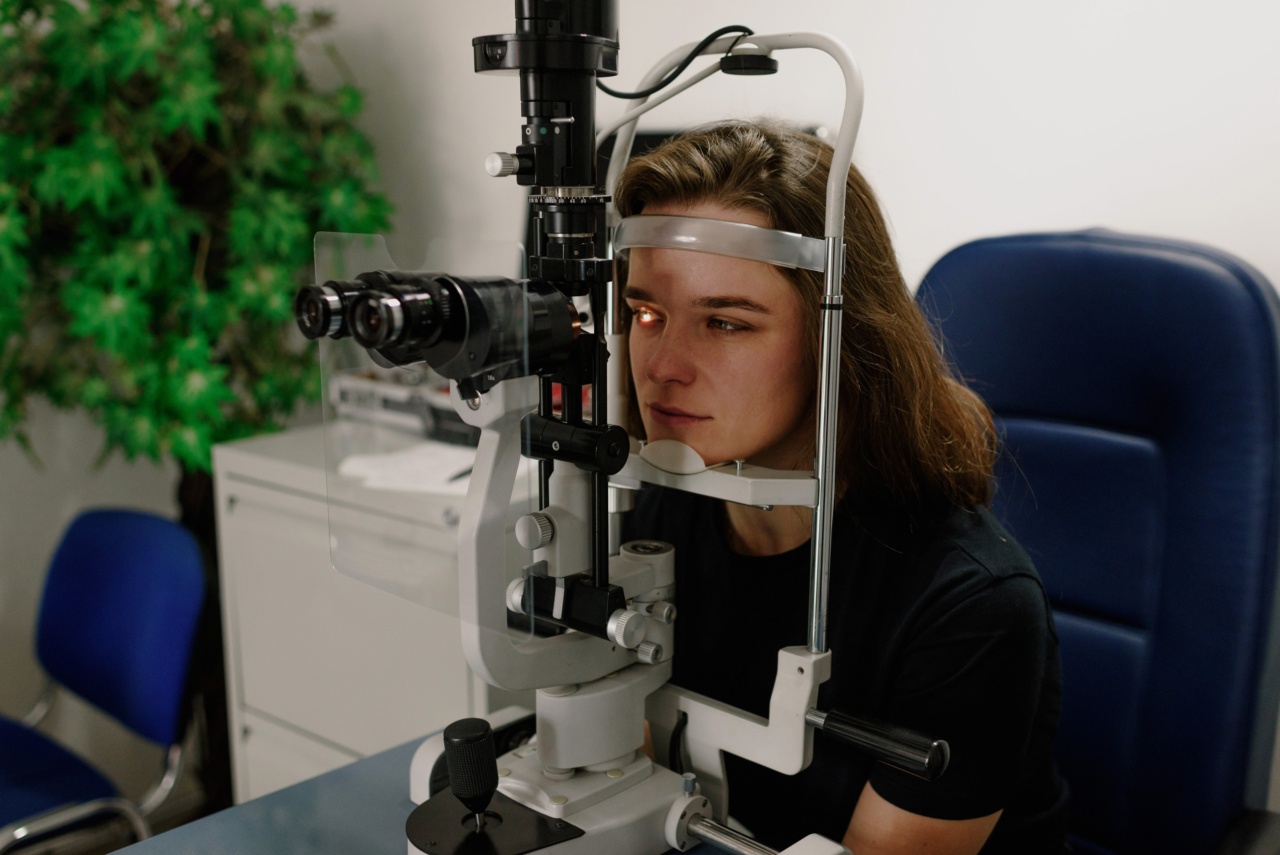In recent years, electronic cigarettes have become increasingly popular as an alternative to traditional smoking. However, in Venice, Italy, a mysterious disease has been plaguing individuals who use electronic cigarettes.
While the specific cause of the disease is not yet clear, there have been alarming signs that electronic cigarettes may have negative health impacts. In this article, we will explore what we know about the disease in Venice, what electronic cigarettes are, and what potential health risks they may pose.
What is the Mysterious Disease Plaguing Venetians?
In the summer of 2019, Venetian health authorities reported several cases of a mysterious respiratory illness that affected individuals who used electronic cigarettes.
The disease was first noted when a group of young people who had been using e-cigarettes became ill with symptoms such as shortness of breath, chest pain, and coughing. While they initially believed that the disease was related to a particular brand of e-cigarette, further investigation revealed that the disease was affecting users of various brands and models of e-cigarettes.
As of early 2021, the exact number of people affected by the disease is not known, but it is believed to be in the hundreds.
Symptoms have varied in severity, with some individuals experiencing only minor respiratory discomfort, while others have required hospitalization and even intensive care.
What are Electronic Cigarettes?
Electronic cigarettes, also known as e-cigarettes or vape pens, are electronic devices that allow users to inhale vaporized substances.
These substances typically contain nicotine, the addictive ingredient in traditional cigarettes, as well as a variety of other chemicals and flavorings. E-cigarettes work by heating a liquid, sometimes referred to as e-juice, which then turns into vapor that the user inhales.
E-cigarettes were originally marketed as a safer alternative to traditional tobacco products, as they do not contain many of the harmful chemicals found in cigarettes, such as tar and carbon monoxide.
They were also marketed as a way for individuals to quit smoking traditional cigarettes by slowly weaning themselves off of nicotine.
: Potential Health Risks of Electronic Cigarettes
While electronic cigarettes are still a relatively new product, there is growing concern among health professionals about the potential health risks they may pose. Here are some of the risks that have been identified so far:.
: 1. Addiction to Nicotine
As mentioned earlier, electronic cigarettes typically contain nicotine, which is an addictive substance.
Some studies have shown that e-cigarettes may be just as addictive as traditional cigarettes, making it difficult for individuals to quit using them.
: 2. Damage to Lungs
The long-term effects of inhaling vaporized chemicals into the lungs are not yet clear, but there is some evidence to suggest that it may be harmful.
In the case of the mysterious disease affecting Venetians, the symptoms resemble those of a respiratory illness, suggesting that the lungs may be particularly vulnerable to the effects of electronic cigarettes.
: 3. Exposure to Toxic Chemicals
E-cigarettes contain a variety of chemicals, such as formaldehyde and acrolein, that are known to be toxic to humans. While the levels of these chemicals in e-cigarettes may be lower than in traditional cigarettes, there is still a risk of exposure.
: 4. Risk of Explosion
There have been several reports of electronic cigarettes exploding or catching fire, often due to malfunctioning batteries. This can cause serious injuries, including burns and lacerations.
: Conclusion
The mysterious disease affecting Venetians is a cause for concern, as it suggests that electronic cigarettes may not be as safe as originally thought.
While more research is needed to fully understand the potential health risks of electronic cigarettes, it is clear that they do pose certain dangers. Individuals who use e-cigarettes should be aware of these risks and take steps to protect themselves.
Additionally, regulators and health organizations should consider taking steps to regulate e-cigarettes and ensure that consumers are fully informed about the potential risks they may be taking.






























